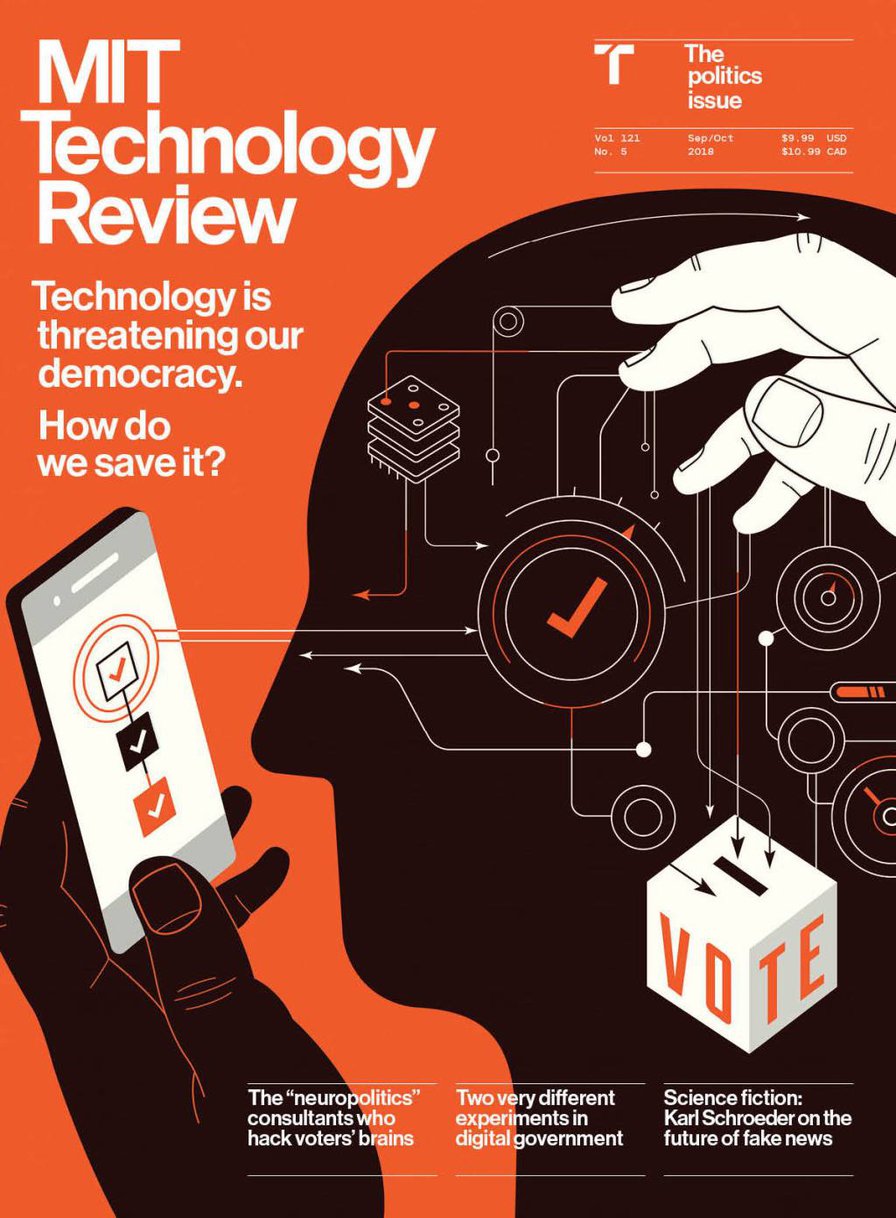US election campaign technology from 2008 to 2018, and beyond | MIT Technology Review

my notes ( ? )
Tours election technology from 2008 to 2018 "and beyond".
2008: Obama integrated e-mail, cell phones and websites to both convey the candidate’s message and enable his supporters to connect and self-organize - supporting grassroots community. MyBarackObama allowed users to form groups, raise money, organise events, get info on local voters, and stimulated offline activities.
By 2012 Facebook: first real use of data to personalise campaigning by Obama, while GOP's IT project failed.
2016: Clinton built on Obama, incrementally improvements. Trump took the latest off the shelf: social platforms + simple websites, fed by Facebook data. Impact of Cambridge Analytica and Russia's dark ads still contested.
But Trump had "embeds - employees from Facebook, Twitter, and Google, picked for their Republican sympathies, who worked directly in the campaign’s offices". Clinton refused them, and was far less sophisticated in its Facebook advertising: " Clinton’s campaign tested 66,000 distinct ads while Trump’s tested 5.9 million."
Trump's personal style ideal for social media: "provoking outrage won him $5.9 billion worth of free attention from the mainstream media", over double Clinton's.
2018-2020: nothing radically new, but more granular targeting, plus geotargeting & other gimmicks, deepfakes. More pressure on platforms to distinguish fake news from reality.
Read the Full Post
The above notes were curated from the full post www.technologyreview.com/2018/08/22/140643/us-election-campaign-technology-from-2008-to-2018-and-beyond/.Related reading
More Stuff I Like
More Stuff tagged community , cambridge analytica , facebook , us , us2020 , politics , trump , advertising
See also: Online Strategy , Online Community Management , Social Media Strategy , Disinformation in the US 2020 elections , Communications Tactics , Social Web , Media , Politics , Communications Strategy